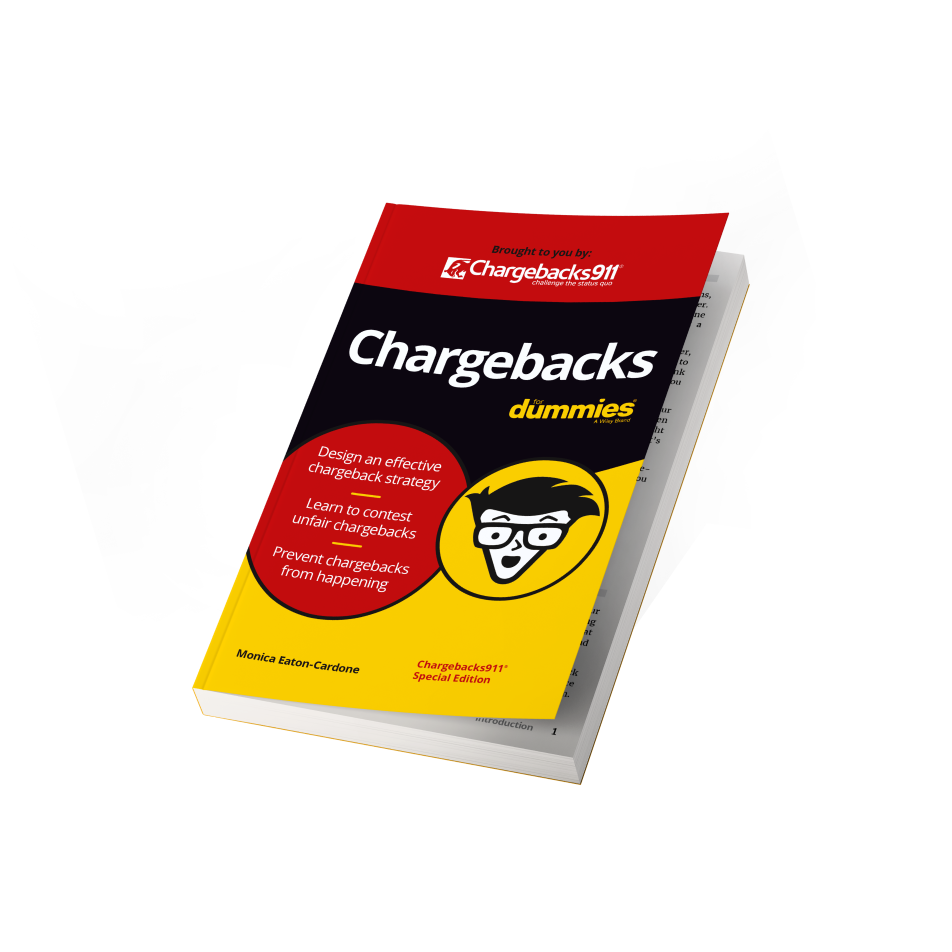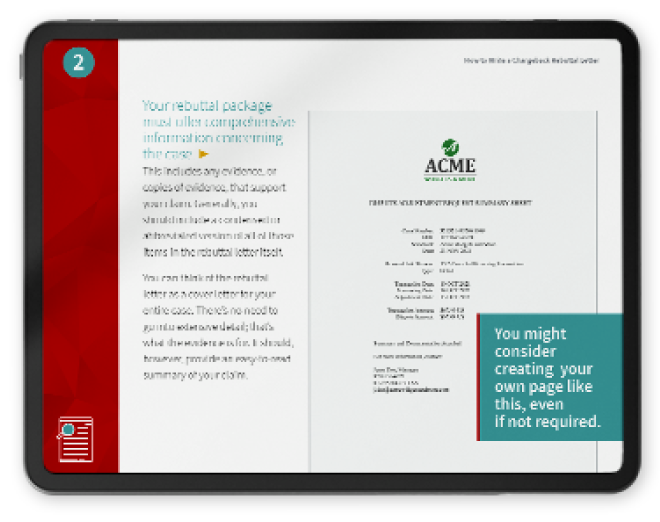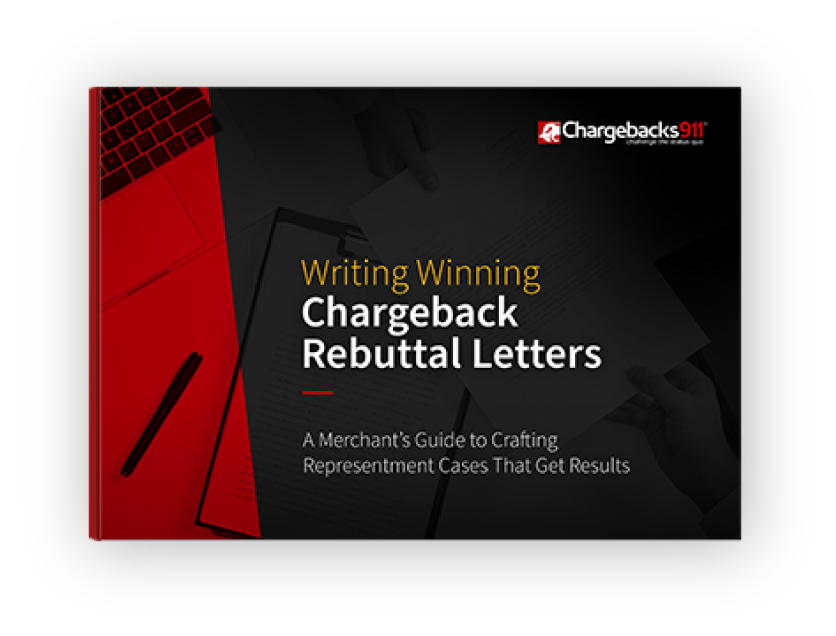The Chargeback Arbitration Process: How to Survive the Final Stage of a Dispute
Does it ever seem like chargebacks mutate into something even more irritating every time you turn around? Well, what happens when chargebacks simply refuse to die? That's one way to think about the whole arbitration process.
Chargeback arbitration is always bad news for merchants. The real question: can you do anything about it?
This article will explain what arbitration case filings are, how they differ from other chargeback iterations, and what you can do to prevent them.
Recommended reading
- The Pre-Arbitration Chargeback Process: Explained
- Chargeback Reversal: 8 Simple Steps to Get Your Money Back
- Chargeback Rebuttal Letters: Templates & Tips for Responses
- 4 Easy Steps to Win Your Next Chargeback Response
- Chargeback Forms & Templates for Better Dispute Responses
- Maximize Your Chargeback Win Rate: 5 Tips From the Experts
What Are Arbitration Chargebacks?
- Chargeback Arbitration
A chargeback arbitration case filing is Mastercard’s term for a response to a chargeback. This is filed after a merchant already won their representment and was granted a return from the original transaction. In this case, the cardholder submits further evidence to convince Mastercard to intercede and resolve the chargeback. Visa uses the term "pre-arbitration" for this response.
[noun]/* charj • bak • är • bə • trā • sh(ə)n/
As with a legal case, arbitration happens when two parties can't resolve a dispute and need an independent arbiter. The difference is that, in the payments industry, it's the card network who makes a decision, rather than a jury or a judge.
By this stage, the parties involved—the bank, cardholder, or the merchant—cannot resolve a dispute on their own. So, a representative of the card scheme is asked to intervene and make a judgment.
Most disputes get settled before they reach the arbitration phase. Disputes that require arbitration will rarely go well for you as a merchant, though.
How Do Arbitration Case Filings Work?
The chargeback arbitration process works just like litigation in the legal system. The cardholder makes an allegation (the chargeback), then you provide evidence in response to counter that allegation. (representment).
Learn more about representmentIf the evidence isn’t strong enough, the cardholder’s issuing bank might reject your case. For a Visa transaction, this is called a pre-arbitration. You have two options at this point: either accept the arbitration case, or appeal to an arbitrator from the card network to take another look.
Many merchants choose not to go into arbitration because of the added fees, time, and potential penalties if you lose your arbitration case. To them, it’s better just to take the chargeback than risk losing even more. If you have strong evidence to support your case, though, it could be well-worth the trouble.
Mastercard and Visa have similar regulations regarding the chargeback arbitration process. The specific steps, time frames, and terminology are different, though. With that in mind, here are some things you should expect from the arbitration chargeback process, based on the card brand.
Mastercard Chargeback Arbitration Process
Before we focus on arbitration, let's review the steps that lead up to it. We'll start with Mastercard's process, which can be divided into four main stages leading up to arbitration:
Mastercard’s chargeback process is constantly evolving. You never really know when a second presentment will turn into an arbitration case filing. Your best bet is to carefully review Mastercard’s policies and regularly check for updated regulations, so you're always aware of the latest requirements.
Section A | Mastercard Arbitration Time Limits
Specific time limits are associated with every aspect of the chargeback process. For example, most cardholders can only file a chargeback within 120 calendar days of the initial transaction. A few reason codes allow for shorter timeframes.
In the case of an arbitration chargeback, though, the issuer must file within 45 calendar days of the second presentment settlement date. This is somewhat misleading since your acquiring bank will probably have a more stringent timeline.
Each acquirer is different, but your response time is typically 50-65% of the card scheme's limit. They do this because they need time to review everything and get it to Mastercard before the deadline. So, if you have 45 days to respond to an arbitration case, you can count on having 20-22 days to get documentation and evidence to the acquirer.
The issuer, by the way, can respond to any new information you provide at any time. They have the right to do this until the case decision is finalized.
The Visa Chargeback Arbitration Process
Visa does things a little differently from Mastercard. Most obviously, they refer to this step as the pre-arbitration stage, or dispute response, rather than the arbitration chargeback stage.
Since implementing Visa Claims Resolution rules, all Visa disputes are divided into one of two workflows. There’s an “Allocation” track for fraud and authorization issues, and a “Collaboration” track for consumer and processing errors. We'll look at the two individually.
Pre-Arbitration Chargebacks in the Allocation Workflow
If Visa rules in favor of the cardholder, acquirers and merchants have a limited ability to challenge. Certain conditions apply, and Visa only allows a 30-day timeframe (individual acquirers typically set even tighter deadlines).
Broken down, it would look something like this:
Pre-Arbitration Chargebacks in the Collaboration Workflow
Visa chargebacks that stem from either consumer disputes or processing errors are resolved through the Collaboration track:
The collaborative track encourages all the involved parties to work together to resolve the claim before Visa has direct involvement.
Learn more about the Visa arbitration processCan Merchants Fight Back Against Arbitration Cases?
At this stage, your only option is to either proceed to card network arbitration, or accept the losses from the initial chargeback.
Remember, the pre-arbitration (or dispute response) stage is a “last chance” to resolve the issue before moving on to the arbitration stage. For merchants, this would mean an opportunity to accept the chargeback before further fees and final judgments apply.
Simply being at this stage is already a no-win scenario for most merchants. If you’ve already won your representment and recovered the funds you lost during the original transaction, then your job should have been done.
No one is perfect. Still, we cannot stress enough the importance of understanding the representment process. You must provide all of the information the bank requires, and any rebuttal you submit must be factual and concise. Leaving out any pertinent details will guarantee a loss.
It’s not unheard of for merchants to win a case like this…but it’s certainly not typical, either. Your best bet is to prevent chargebacks wherever possible and nail your representments the first time around.
Preventing Arbitration
An arbitration case filing prolongs the chargeback process, adding additional costs and responsibilities for the merchant. It should only be considered a last resort, something to be avoided whenever possible.
So, what’s the best way to avoid chargeback arbitration? That’s simple: it’s to avoid chargebacks altogether.
The professionals at Chargebacks911® are the industry experts at chargeback representment. We can also help with risk mitigation and prevention strategies, providing the answers to all your arbitration chargeback questions. Contact us today for more information about our turnkey solutions.












